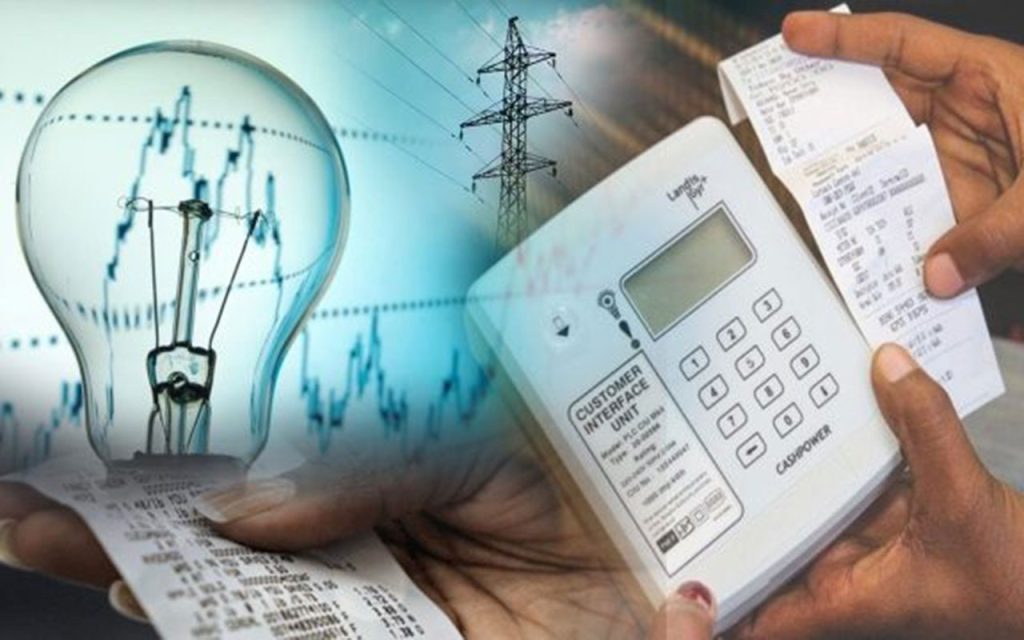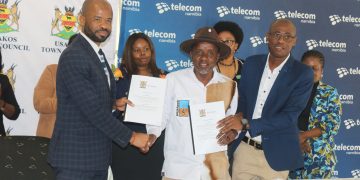
Residents in Windhoek, along with those in coastal and northern areas, are set to pay more for electricity after the Electricity Control Board (ECB) approved tariff increases for the 2025/26 financial year.
The ECB granted a 3.9% increase for the City of Windhoek, though the implementation of the adjustment is on hold until the municipality complies with specific regulatory conditions.
The new tariffs are intended to take effect from 1 July for post-paid customers and from 4 July for prepaid customers.
ECB Chief Executive Officer Robert Kahimise said the City must submit its audited financial statements for the 2023/24 financial year, provide a detailed report on the ring-fencing of its electricity business unit, and submit quality-of-supply reports before the increase can be implemented.
“The ECB approved a 3.9% increase for the City of Windhoek, but this is subject to full compliance with the outlined regulatory conditions before implementation,” Kahimise said.
In the northern regions, the Northern Regional Electricity Distributor (NORED) was granted a 4% tariff increase, reduced from its original application of 7.4%. However, this too remains subject to compliance.

“NORED must submit audited financial statements for 2022/23, secure an auditor’s commitment to finalize 2023/24 audits, and provide power quality reports,” he said.
In the coastal region, Erongo RED received full approval for its 3.7% tariff increase, which will be implemented from early July. Other distributors also received lower-than-requested increases. NamPower Distribution was granted a 1.7% increase out of a 3.02% application, while CENORED Distribution received approval for a 3.8% increase from a proposed 5.8%. CENORED Omaheke’s tariff was raised by 0.75%, half of the 1.5% it applied for. Oshakati Premier Electric was granted a 3.5% increase from its initial 4.19% request.
Kahimise warned that the ECB would take a firmer stance on regulatory non-compliance, stressing that late submissions pose financial risks and directly affect utilities’ ability to meet their obligations and maintain reliable electricity supply.
“Late submissions are financially unsustainable, particularly for prepaid sales, and directly affect the utilities’ ability to meet obligations and maintain reliable service,” he said.
“All licensees must submit tariff applications promptly after the bulk tariff announcement. Habitual delays will no longer be tolerated,” he added.
The ECB reviewed all tariff applications submitted between 13 May and 15 June 2025 as part of its annual tariff-setting process.













